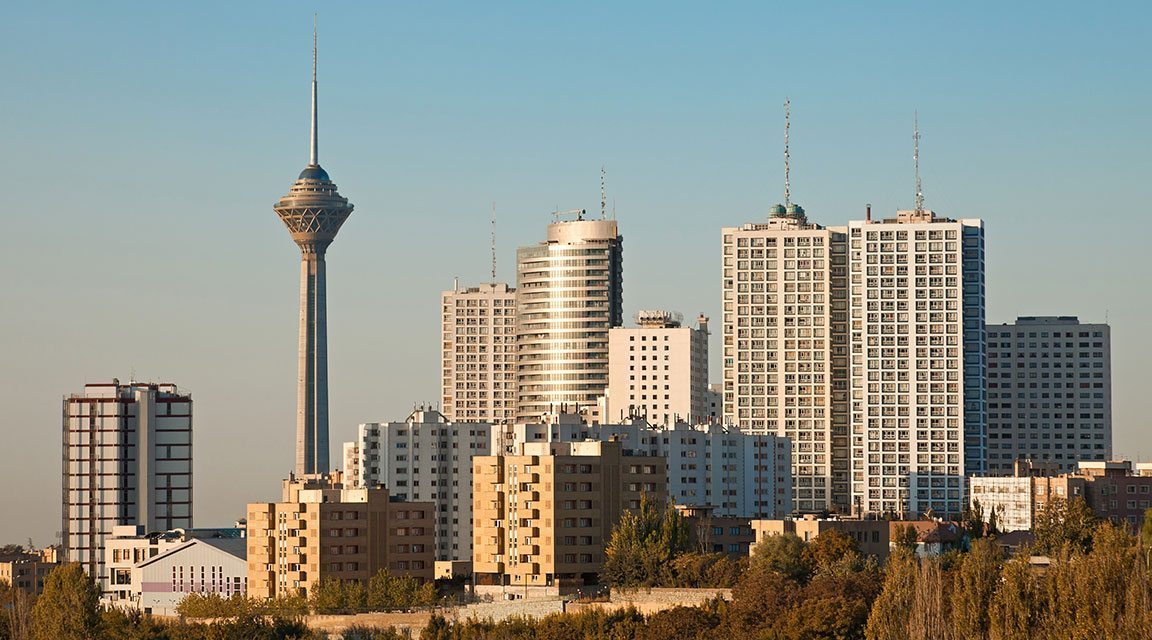

Nuclear sanctions officially lifted, but complications for financial sector
The lifting of EU and UN sanctions on Irans nuclear activities has created a surge in interest in the lucrative Iranian market.
This means sanctions that affected, for example, buying and selling Iranian oil or investing in the oil, gas and petrochemicals sectors, insurance, reinsurance and financial transactions with Iran, are lifted, says Patrick Murphy, partner and sanctions expert for UK-based Clyde & Co.
In practical terms it means EU firms can deal with Iran and Iranian companies provided they are not designated under other sanctions.
But the implications for banks remain unclear, and it may take months or years before they agree to provide services to support doing business in the Islamic Republic.
The EU and UN took advantage of the months between the signing of the nuclear deal and Implementation Day to prepare new legal frameworks, which came into force following the Austria-headquartered International Atomic Energy Agencys latest report.
Investors have been intensifying their preparations to enter the Iranian market.
We have seen a surge in activities in the past few weeks in anticipation, says Parham Gohari, a partner at Dubais Frontier Partners, which advises potential investors on Iran. At the same time they are being very diligent and thoroughly investigating potential partner entities.
Any entity sanctioned under human rights or ballistic missile frameworks is still out of bounds, such as certain banks, or companies connected to the Iranian Revolutionary Guard.
It means banks will need to employ a high level of due diligence to avoid falling foul of the US, non-nuclear sanctions still in place.
Until the Brussels-based Society for Worldwide Interbank Financial Telecommunication (Swift) reconnects Iranian banks to its services, financial transactions cannot take place with Irans banks.
It is unclear how long the technical aspects of this will take. Swift did not respond immediately to a request for comment.
The US primary sanctions that remain in place prohibit US citizens and entities from doing or facilitating business with Iran, with some exemptions, for example pharmaceuticals and food. This means US banks will not be able to process dollar-clearing transactions involving the Islamic Republic.
US sanctions which stop US persons from dealing with Iran are not changing, says Murphy. If the trade involves Iran, a US bank cannot process a related payment.
This means companies and investors will have to avoid using dollars for any Iran transaction.
There will be a gradual move away from dollars and Euros to other currencies, for example UAE dirhams or Japanese yen, says Gohari. We dont expect any large financial players to have a major active role in the next few years. Regional banks will be much more significant.
However, there are some concerns that this will affect non-US banks ability to do transactions related to Iran. US banks could derisk by declining to do any business with banks heavily involved in Iran.
Its a big open question, says Murphy. Potentially it could jeopardise their relationships with US banks, who cannot process any transaction involving Iran. If US banks clear millions of transactions a day, working with banks in this part of the world presents a heightened risk profile.
For the GCC, which has a strong relationship with the US, this may be a significant hurdle. Banks from other countries, such as Lebanon, may move first on Iran.
It will be very difficult for companies to do business with Iran without banking services, so caution from the financial sector could significantly delay any investment plans.
The Iranian banking sector is still in a difficult position, with low liquidity and up to $70bn of non-performing loans. But lifting sanctions will give them a boost.
Some frozen assets, probably about $100bn or $150bn, will be released in tranches, says Gohari. The first tranche of $30bn will be used to recapitalise the banking system.
More on the lifting of sanctions on Iran
You might also like...

Rainmaking in the world economy
19 April 2024

Oman receives Madha industrial city tender prices
19 April 2024

Neom seeks to raise funds in $1.3bn sukuk sale
19 April 2024

Saudi firm advances Neutral Zone real estate plans
19 April 2024
A MEED Subscription...
Subscribe or upgrade your current MEED.com package to support your strategic planning with the MENA region’s best source of business information. Proceed to our online shop below to find out more about the features in each package.



